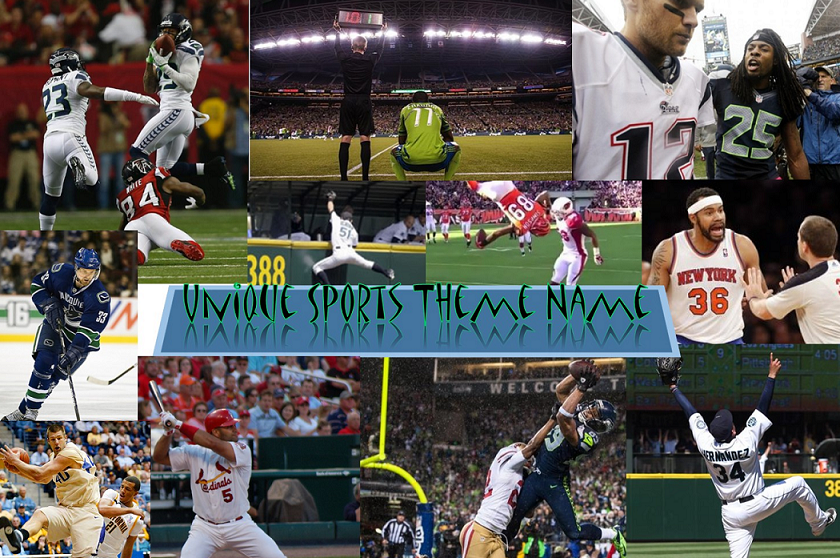Coming off the
dismal four season stretch of 2010-2013 the Mariners decided to just go huge
during the 2014 offseason and sign Robinson Cano to a 10 year $240 million
contract. The final verdict of this contract has still not been decided and
won't be until 2023. One thing was for sure though, the Mariners weren't
messing around in 2014. They were willing to spend money to bring the best
players to Seattle and try to make the playoffs for the first time in twelve
years.
Cano's 2014 season
was a success. He hit .314/.382/.454. That made him the first Mariner to bat
over .300 since Ichiro in 2010. He tied with Jose Altuve for the highest wRC+among major league second basemen at 137 (17th best among all players). His 14 home runs were a disappointing low for
the second baseman's career (tied for his career worst), but were still the
third most by any Mariner in 2014. All and all it was a very good year for the
Mariners $240 million man.
Robbie wasn't the
only Mariner to have a good 2014. Overall the team's pitching staff had an
amazing 3.17 ERA. The starting pitchers did especially well, with Felix
Hernandez standing out the most.
Felix Hernandez's
2014 season is his best season to date. He completely dominate the AL. In 34
starts he pitched 236 innings and gave up only 56 earned runs, equal to a 2.14
ERA. He struck out 248 batter and walked only 46 for a crazy good 5.39
strikeout to walk ratio. Felix's changeup was essentially unhittable in 2014.
Opposing batter's hit a dismal .197 against Felix. It felt like he was trying
to single handedly drag the Mariners into the playoffs. Yet somehow despite all
this Felix lost out on the Cy Young award to Corey Kluber, who had more wins,
more strikeouts, and fewer wild pitches than Felix.
Starting pitchers
Hasashi Iwakuma, Roenis Elias, James Paxton and Chris Young also had good years
for the M's. All of their ERAs were under 4.00 and only Elias had a losing
record. Young had an interesting stat line because his ERA was a respectable
3.65, but his FIP was a high 5.02, implying he recorded better results than
were to be expected. However, upon further examination this appears to just
have been Chris Young's style. Every year of his 13 year career except 2005 and
2017 he managed to pull off this feat.
In addition to the
starters, the pitching at the end of games was clutch for the Mariners. 37 year
old veteran reliever Fernando Rodney signed with the team in the offseason and
did an excellent job in the closer role. He saved 48 games in 51 chances, he
struck out 76 batters in 66.33 innings, his hat was greatly misaligned and for
all this he was awarded with an All-star appearance and much love from the
Safeco field fans. Rodney's arrow celebration was a big hit and something to
look forward to as the team closed out another win.
In his sixth and
final season with the team outfielder Michael Saunders looked like he was
finally putting it all together at the plate, batting .273 with a .341 OBP in
231 AB. Unfortunately for Saunders it was injury plagued once again. This
inability to stay healthy and on the field was a constant during Saunders
tenure with the club. During the offseason the Mariners front office grew tired
of the nagging injuries holding Saunders back and flipped him to Toronto.
The Mariners
finished the season 87-75, their best finish since 2007. Even more frustrating
for fans they finished in 6th place in the AL, just one game behind the Oakland
Athletics for the final wild card spot. Although it wasn't the only reason the
M's missed the playoffs, a five game losing streak between September 20th-24th
really hurt them (as did the other 70 losses).
They gave up 43 runs over those five games and only scored 10. They
didn't end the season with a four game winning streak, but it wasn't enough to
overcome the damage done to the standing with the previous skid. The addition
of Cano and the stellar pitching by Hernandez and company still wasn't quite
enough to get them into the playoffs and the drought continued.
Sources: Fangraphs, Baseball Reference
